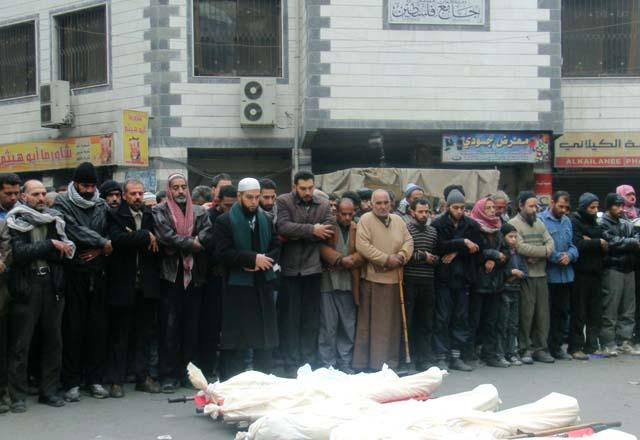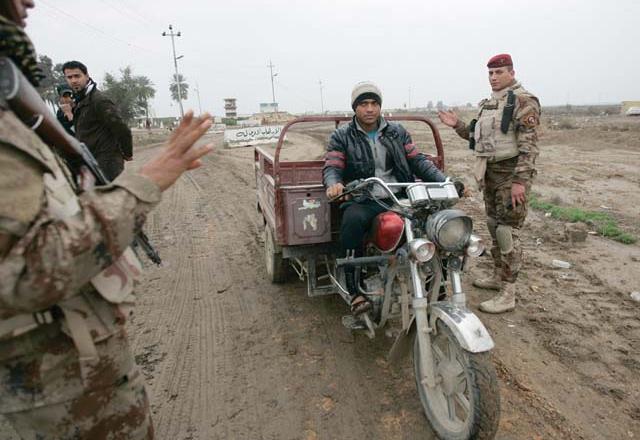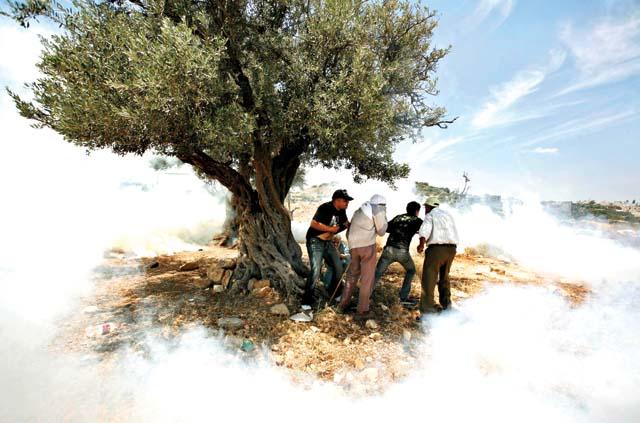TUNIS — A government of independents, tasked with steering Tunisia to fresh elections, took the oath on Wednesday, replacing an Islamist-led administration under a hard-won deal to end months of political turmoil.
The swearing-in of Prime Minister Mehdi Jomaa’s government comes three days after the national assembly finally adopted a new constitution three years after the Arab Spring revolution.
Foreign leaders have welcomed the quickening moves to get the political transition back on track in Tunisia, which, despite its own problems, is seen as a beacon of hope compared with other Arab Spring nations like Libya and Egypt which remain mired in instability and political turmoil.
The formal transfer of power took place at the presidential palace after a marathon overnight parliamentary session in which Jomaa’s line-up was finally approved by 149 votes to 20 with 24 abstentions.
The new ministers took the oath of office in front of secular President Moncef Marzouki who described the ceremony as a “historic moment” for the North African country.
“The new government will know how to assume its responsibilities, and will certainly meet with success in its mission to oversee the runup to fresh elections later this year,” Marzouki said in comments reported by national news agency TAP.
Outgoing Islamist premier Ali Larayedh and Jomaa met earlier in the day to discuss government policies and pressing issues facing Tunisia three years after the overthrow of longtime dictator Zine Al Abidine Ben Ali.
Larayedh and Jomaa, who served as industry minister in the outgoing government, highlighted “the difficulties to overcome in achieving fair and transparent elections” due later this year, the government said in a statement.
The formation of a new government comes after weeks of horse-trading and is the cornerstone of a roadmap to end a political crisis that has plagued Tunisia since the assassination of two opposition MPs by suspected jihadists in 2013.
Under the hard-won deal reached late last year, the Islamist-led government agreed to relinquish power in return for the mainly secular opposition ending its boycott of work on drawing up the new constitution.
The moderate Islamist Ennahda won the country’s first free elections in October 2011, nine months after Ben Ali’s ouster.
But in power it was accused by the opposition of pursuing an Islamist agenda and of failing to address persistent social unrest or rein in jihadists blamed for a spate of deadly attacks.
The constitution was forged during two years of acrimonious debate, including on the role of Islam and women’s rights, but the text finally approved is regarded as the most modern in the Arab world.
Speaking on Sunday when he presented his Cabinet line-up to lawmakers, Jomaa said his top priority would be to create the right conditions for parliamentary and presidential elections, that Ennahda has said are likely to take place in October.
The final decision on the election dates will be taken by the newly appointed electoral body ISIE.
Western leaders have called on Jomaa’s government to do all it can to organise transparent elections to end the polarisation in Tunisian politics that has stoked persistent social unrest.
European Union foreign police chief Catherine Ashton urged it to deploy “all the means of the state” to hold credible elections as swiftly as possible.
The election run-up will also be closely watched by foreign investors eager for a return to political stability.
International credit rating agency Fitch called the approval of Tunisia’s new constitution an “important step”, but warned of the challenges in confronting violence and social discontent.
“The elections will test the extent to which social polarisation has permanently reduced political stability and are no guarantee against further social and political fragmentation,” it warned.



















